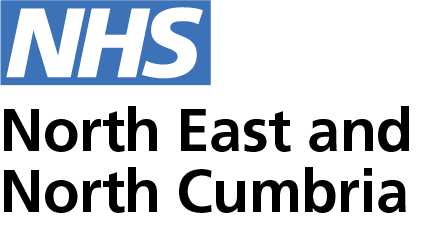Anyone who is assessed as having a certain level of clinical need may receive continuing healthcare. It's not dependent on a particular disease, diagnosis or condition, or on who provides the care or where that care is provided.
If you apply for continuing healthcare, you will have an assessment of your needs, to see if you are eligible. If the assessment finds that you have a ‘primary healthcare need’, you should be able to receive NHS continuing healthcare funding. This would be reviewed regularly, and your care package may change if your clinical needs change.
The first step is usually for a health or social care professional to complete the NHS continuing healthcare checklist tool. This shows whether your clinical needs are at a level that should be considered for a full assessment.
The result of this check is then be passed to us the ICB, whether it is positive or not.
If the check does not suggest that you should be considered for continuing healthcare at this stage, it's still possible to be reviewed again in future if your needs change.
The next step is a full assessment by two or more health and social care professionals (known as a multidisciplinary team or MDT). You will be able to take part in this assessment.
The team will complete a ‘decision support tool’ (or DST), using information about your health needs, from yourself and the people who provide your care.
If your condition is getting worse and you need an urgent package of care, you may need a 'fast-track referral'. This is to ensure you get the care you need, with NHS funding.
In this situation, a doctor or health professional will complete the ‘continuing healthcare fast track tool’ for you. Any services provided under this process will be subject to review, and may be amended as your health needs change.
If you are not eligible for NHS continuing healthcare, your local council will discuss with you whether you can get support from them instead. The letter telling you about the decision would include details of how to appeal. The Department of Health and Social Care website provides more information about what to do if you’re not happy with a decision.
